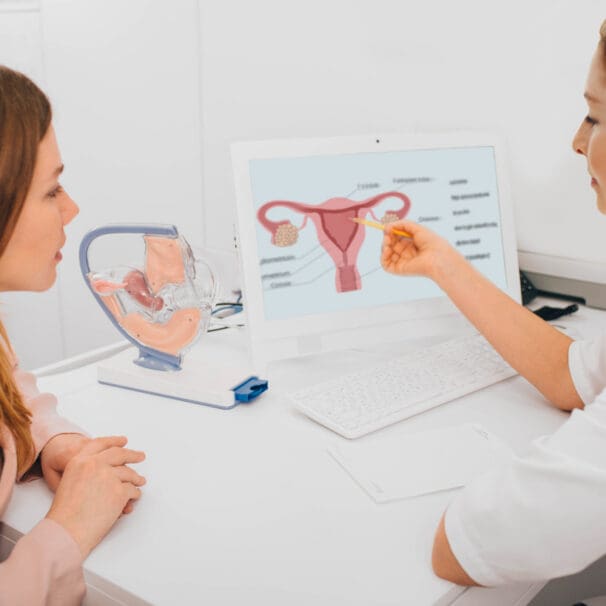HealthProviders DB is a comprehensive database of healthcare providers, including a complete directory of all Gynecologists.
Obstetrics & Gynecology Healthcare Taxonomy Code 207VG0400X
As of today, the following are the total number of Gynecologists nationally, in your State, and near your location.
Select a State below to view the list by State. Additionally, you can narrow the list by city, among other options, from the Filter Panel, which you can open by clicking the vertical ellipses ⋮ in the upper right corner of the app.
Alaska – Alabama – Armed Forces Pacific – Arkansas – American Samoa – Arizona – California – Colorado – Connecticut – District of Columbia – Delaware – Florida – Federated States of Micronesia – Georgia – Guam – Hawaii – Iowa – Idaho – Illinois – Indiana – Kansas – Kentucky – Louisiana – Massachusetts – Maryland – Maine – Marshall Islands – Michigan – Minnesota – Missouri – Northern Mariana Islands – Mississippi – Montana – North Carolina – North Dakota – Nebraska – New Hampshire – New Jersey – New Mexico – Nevada – New York – Ohio – Oklahoma – Oregon – Pennsylvania – Puerto Rico – Palau – Rhode Island – South Carolina – South Dakota – Tennessee – Texas – Utah – Virginia – Virgin Islands – Vermont – Washington – Wisconsin – West Virginia – Wyoming
Medicare
The following are the total number of Gynecologists who accept Medicare in your State, the number who have opted out of Medicare, and the total number excluded from participation in Medicare nationwide.
The diagram below shows all the Gynecologists across the country, represented by blue bubbles. The larger the bubble, the greater the concentration of providers in that area. Red bubbles represent Medicare-excluded providers, with the larger bubbles indicating a higher percentage of excluded providers in that region. You can change the bubble size to be based on exclusions from the Size menu.
What do Gynecologists do?
Gynecology physicians specialize in female reproductive health, diagnosing and treating conditions affecting the uterus, ovaries, fallopian tubes, and breasts.
They perform routine exams like pelvic exams and Pap smears, provide family planning and contraceptive counseling, and address issues such as menstrual disorders, endometriosis, and infertility.
Some may also hold dual certification as Obstetrician-Gynecologists (OB/GYNs) and handle pregnancies and childbirth.
What they do
Preventive care: Conduct annual wellness exams, pelvic exams, breast exams, and STI and cervical cancer screenings (Pap tests).
Diagnosis and treatment: Diagnose and treat conditions like endometriosis, ovarian cysts, uterine fibroids, pelvic pain, abnormal bleeding, and urinary issues.
Family planning: Offer counseling on birth control, perform procedures like IUD insertion, and provide fertility advice.
Menopause management: Provide care and advice for women experiencing menopause and related symptoms.
Surgical procedures: Perform various surgical procedures, ranging from minor office procedures like colposcopy and endometrial biopsies to more complex surgeries.
Specialized care: Provide care throughout a woman’s life, from puberty through menopause, and offer health education.
Additional role of an OB/GYN
Combined care: Handle a wide range of services for female health, including both non-pregnancy-related issues and pregnancy and delivery.
Obstetrics: Provide prenatal care, manage high-risk pregnancies, and oversee childbirth.

